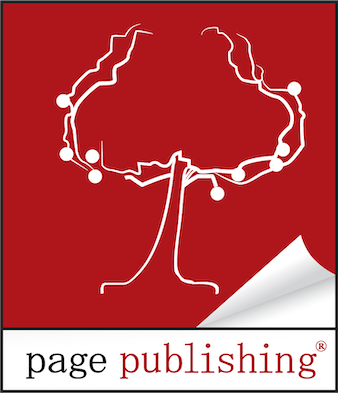
Accountability Hacks: How to Stay Committed to Your Writing Dreams

Every writer starts with a dream—whether it’s finishing a novel, getting published, or building a thriving writing career. But the hardest part isn’t having the dream; it’s staying committed to it. Life gets busy, motivation fades, and self-doubt creeps in.
That’s where accountability comes in. When you have structures in place to keep yourself responsible for your writing goals, you’re far more likely to stay consistent and push through challenges.
Here are some practical accountability hacks to help you stay committed to your writing dreams.
1. Set Clear, Achievable Goals
Vague goals like “I want to write more” don’t provide direction. Instead, set specific and realistic writing goals:
✔ Daily goal: “I will write 500 words a day.”
✔ Weekly goal: “I will complete one chapter by Sunday.”
✔ Long-term goal: “I will finish my first draft by June.”
Breaking your dream into manageable steps makes it feel more achievable and gives you a clear path forward.
2. Find a Writing Accountability Partner
A great way to stay on track is by partnering with another writer who shares similar goals. Check in with each other regularly to share progress, struggles, and encouragement. Whether you meet in person, text, or email updates, having someone to hold you accountable can keep you motivated.
3. Join a Writing Group or Community
Being part of a writing group—whether in person or online—creates a sense of accountability and support. Look for:
- Local writing meetups
- Facebook groups for writers
- Online forums like NaNoWriMo or Reddit’s r/writing
Surrounding yourself with other writers keeps you engaged, inspired, and motivated to keep going.
4. Use Public Accountability
Announcing your writing goals publicly makes you more likely to follow through. Try:
- Posting your goal on social media (e.g., “I’m writing 1,000 words today!”)
- Sharing updates on a personal blog
- Telling friends and family your deadline
When others are aware of your goals, you’ll feel more accountable to complete them.
5. Set Deadlines (And Stick to Them!)
Deadlines create urgency and prevent procrastination. Even if you don’t have a publisher or editor waiting, set self-imposed deadlines for drafts, edits, and submissions. Mark them on your calendar and treat them seriously.
6. Track Your Progress
Keeping a record of your writing progress helps you stay motivated. Use:
- A writing journal to log daily word counts
- Spreadsheets or apps like Scrivener, Evernote, or WordKeeper
- A visual tracker (like crossing off days on a calendar)
Seeing your progress over time will remind you how far you’ve come.
7. Reward Yourself for Milestones
Give yourself small rewards for hitting writing goals. Some ideas:
- Finishing a chapter? Treat yourself to your favorite coffee.
- Hitting your monthly goal? Buy a new book.
- Completing a draft? Plan a special outing.
Positive reinforcement makes the writing process feel more fulfilling.
8. Eliminate Distractions and Excuses
Accountability also means setting yourself up for success by removing distractions. Create a dedicated writing space, turn off notifications, and set specific writing hours. The fewer excuses you allow yourself, the more consistent you’ll be.
9. Remind Yourself Why You Started
When motivation fades, revisit your why:
- Why do you want to write this book?
- What impact do you hope your writing will have?
- How will you feel once you accomplish your goal?
Keeping your original passion and purpose in mind will help you push through tough days.
Conclusion
Staying committed to your writing dreams isn’t about waiting for inspiration—it’s about creating systems of accountability that keep you moving forward.
By setting clear goals, finding support, tracking progress, and eliminating distractions, you can stay on track and make your writing dreams a reality.
The key? Keep writing. Keep showing up. And never stop believing in your ability to succeed.





